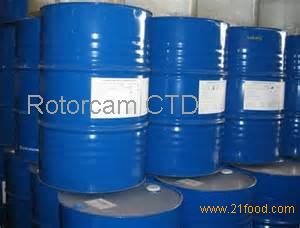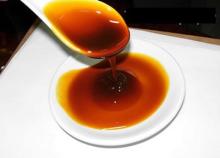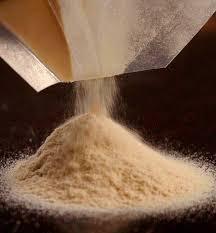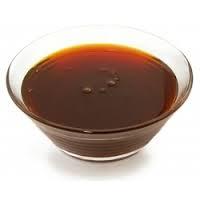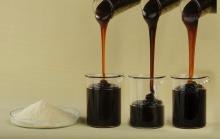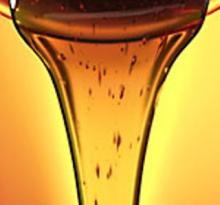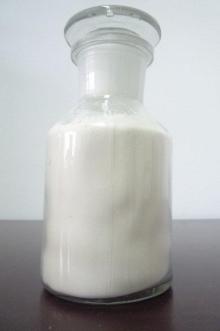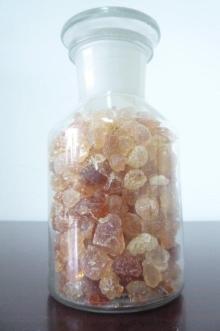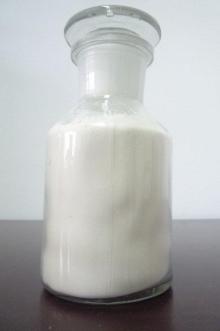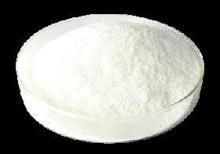Lecithin is a generic term to designate any group of yellow-brownish fatty substances occurring in animal and plant tissues, which are amphiphilic - they attract both water and fatty substances (and so are both hydrophilic and lipophilic), and are used for smoothing food textures, dissolving powders (emulsifiers), homogenizing liquid mixtures, and repelling sticking materials.
Lecithin has emulsification and lubricant properties, and is a surfactant. It can be totally metabolized (see Inositol) by humans, so is well tolerated by humans and nontoxic when ingested; some other emulsifiers can only be excreted via thekidneys.
The major components of commercial soybean-derived lecithin are:
- 33–35% Soybean oil
- 20–21% Inositol phosphatides
- 19–21% Phosphatidylcholine
- 8–20% Phosphatidylethanolamine
- 5–11% Other phosphatides
- 5% Free carbohydrates
- 2–5% Sterols
- 1% Moisture
Lecithin is used for applications in human food, animal feed, pharmaceuticals, paints, and other industrial applications.
